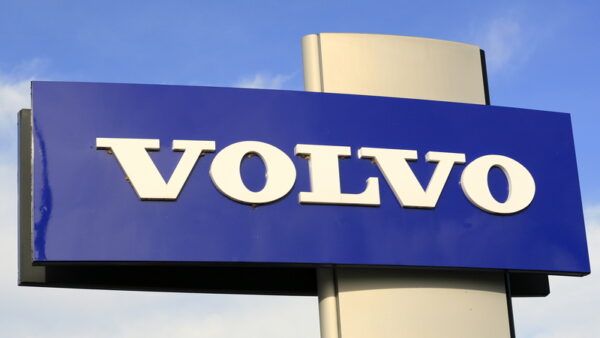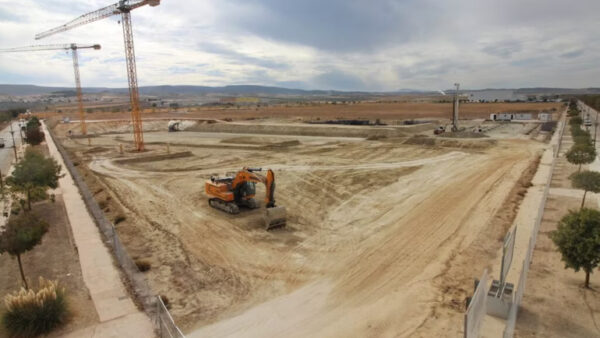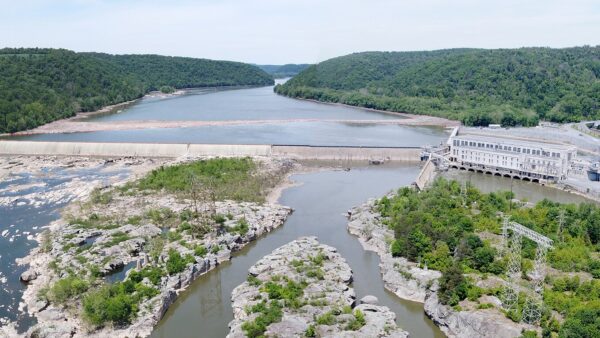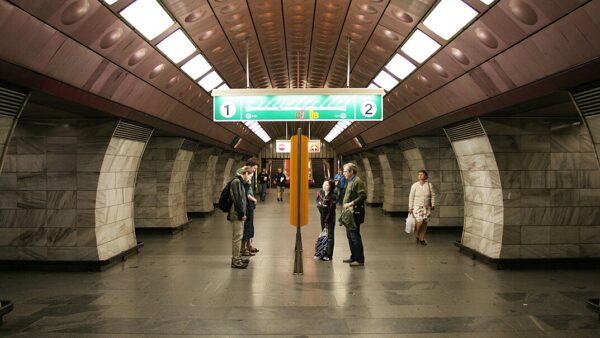UK government ministers ignored their own warning system over the finances of Carillion, approving contracts for the company worth many millions after it had sunk into the dangerous risk category of “red”.
Even after officials warned the Cabinet Office to downgrade the contractor further to “black” following two disastrous profit warnings, ministers ignored the advice after hearing assurances from the Carillion board, a Parliamentary spending watchdog revealed today.
The government has become too dependent on large contracts to deliver public projects, and the secrecy surrounding these contracts points to a questionable relationship between government and its suppliers, the Public Accounts Committee (PAC) of MPs warned.
As well as building public roads, hospitals and rail infrastructure, Carillion managed around half of the UK prisons estate, hundreds of schools and defence ministry sites. Almost half its total turnover in 2016 – £1.7bn of £3.75bn – came from public-sector contracts.
“Too many Government facilities contracts were concentrated in one large firm giving the impression that it was too big to fail, hence the perception that the Government would bail them out when push came to shove,” said the committee’s deputy chair, Sir Geoffrey Clifton-Brown MP.
He added that the mutual dependency may have made the Carillion board complacent.
“The Carillion board’s erroneous belief that the government would not let the company collapse appears to have contributed to their failure to take the necessary action to save the company and prevent the sad loss of jobs and damage to numerous suppliers and subcontractors when Carillion went into liquidation.”
The findings emerged from the PAC’s examination of the government’s risks assessments of its strategic suppliers.
Each supplier is assessed on a Red-Amber-Green (RAG) scale. Suppliers can also be designated a Black “high risk” status.
The PAC discovered that although Carillion had been rated Amber owing to poor performance on contracts with the Ministry of Defence and Ministry of Justice, it was not until after Carillion issued its shock profit warning in July 2017 that government downgraded Carillion to Red.
Even then, just just a week later on 17 July the Department for Transport awarded a Carillion joint venture two major contracts for the high-speed rail scheme, HS2, together worth £1.34bn.
Despite another profit warning from Carillion in September 2017, Network Rail awarded Carillion two more rail contracts totalling £322m on 6 November.
That same month government officials recommended a provisional Black rating for Carillion but, after representations from the company, the Cabinet Office did not apply the designation. Carillion collapsed less than two months later.
The PAC said it would investigate the matter further.
“(The) Government has become dependent on large contracts to deliver public projects and services. Great secrecy surrounds them. If a company providing a number of these contracts fails, this is bad news for service users and the taxpayer,” said PAC chair, Meg Hillier MP.
She added: “The Strategic Supplier risk assessments provide an insight into the relationship between Government and Suppliers and give rise to many questions we want to pursue.”
The PAC was concerned about the lack of transparency and its “potential to create an environment where poor practice takes root”, she said.
Image: As well as building roads, hospitals and rail infrastructure, Carillion managed around half of the UK prisons estate, hundreds of schools and defence ministry sites






